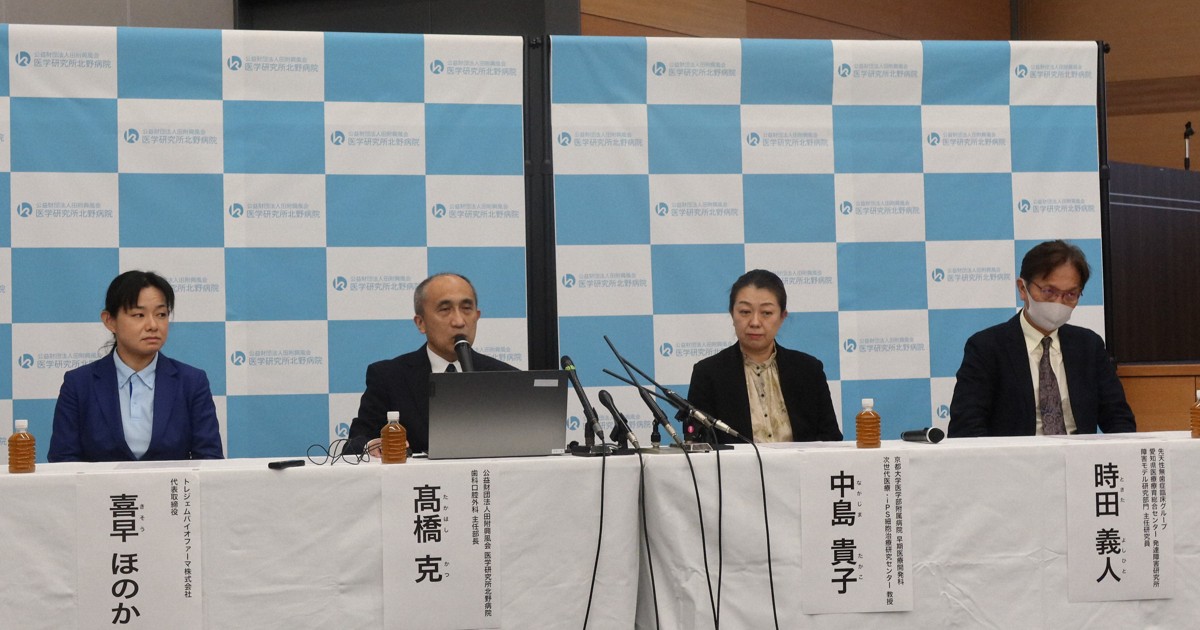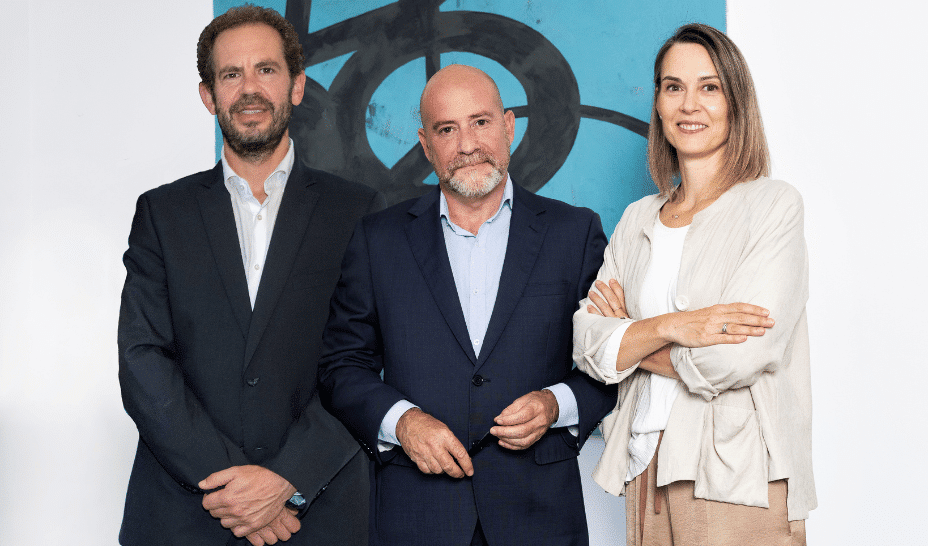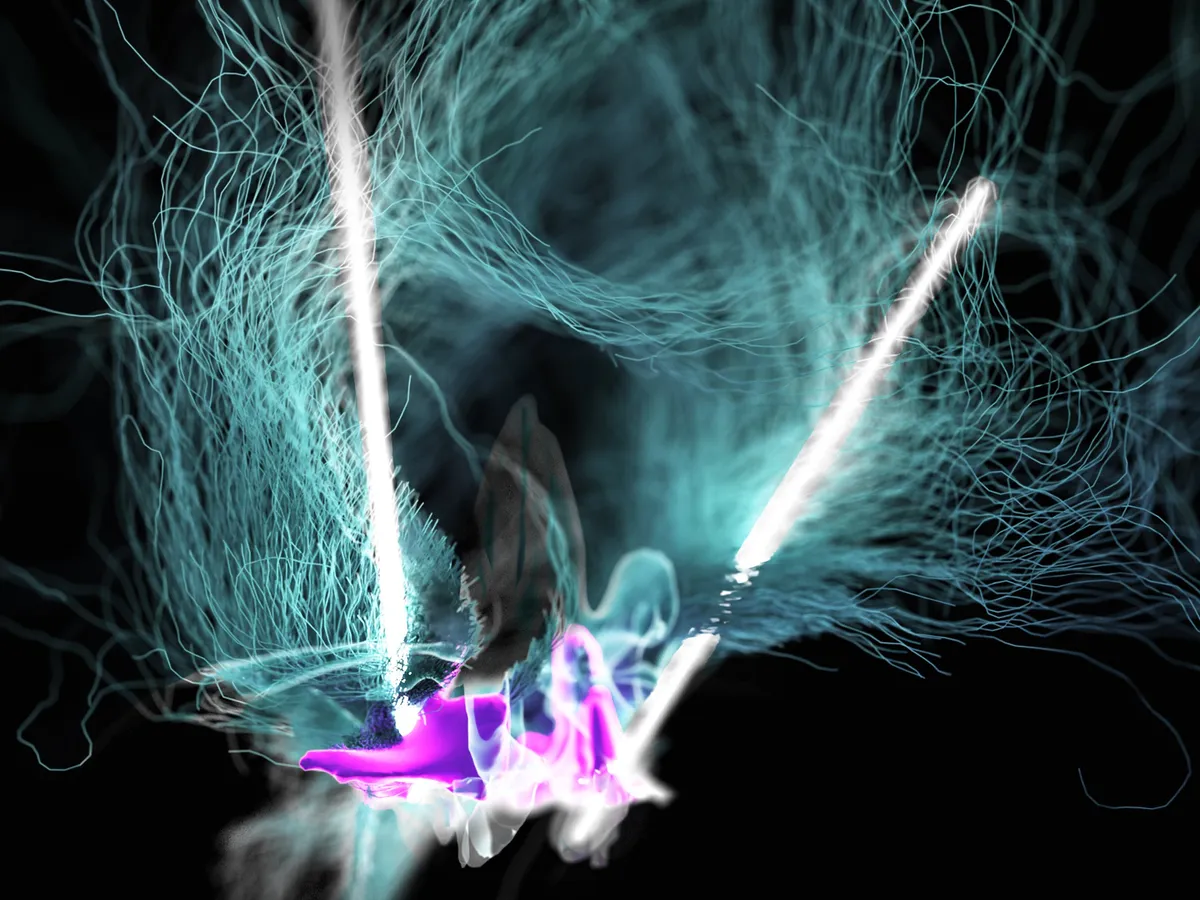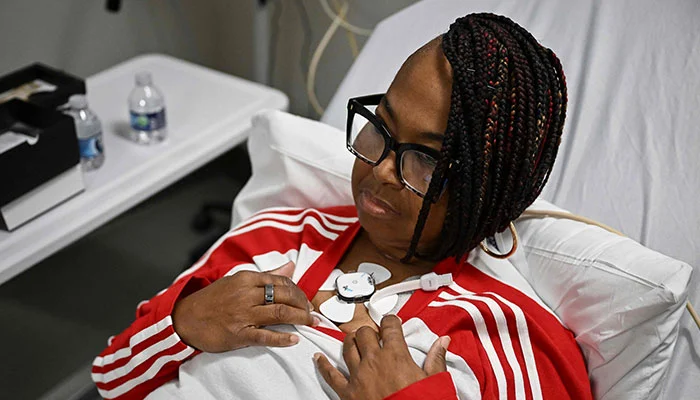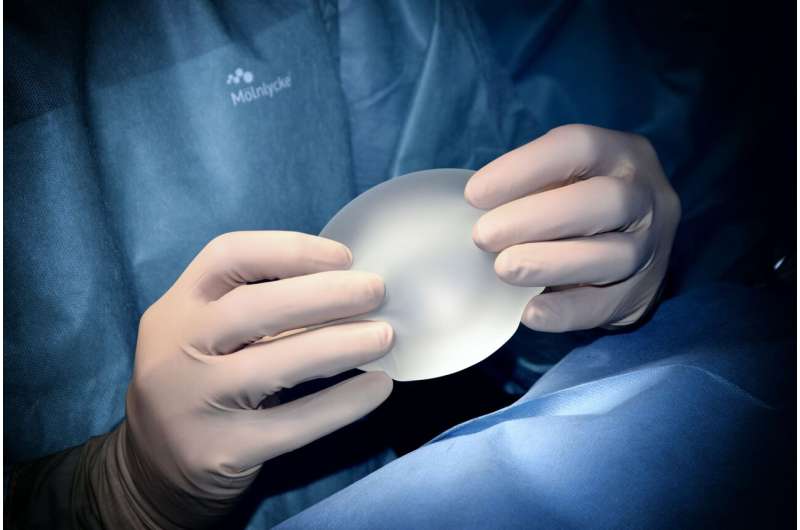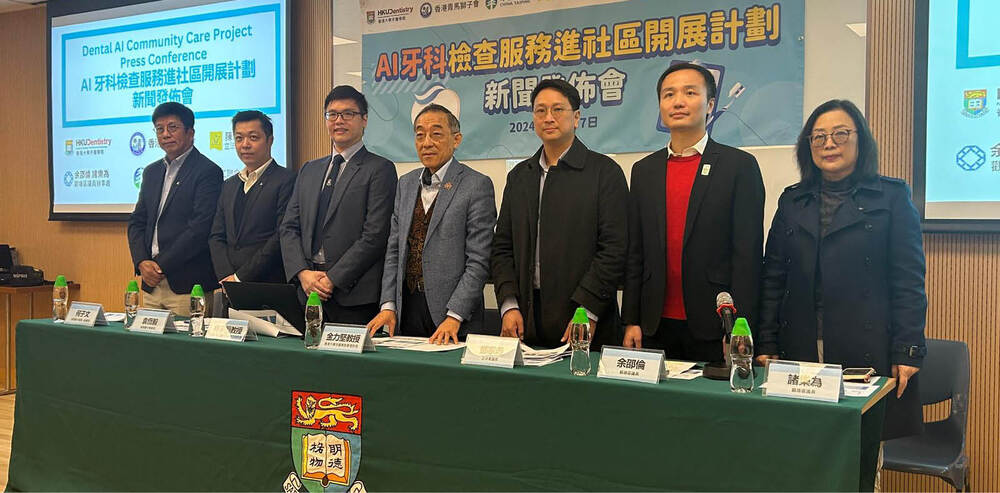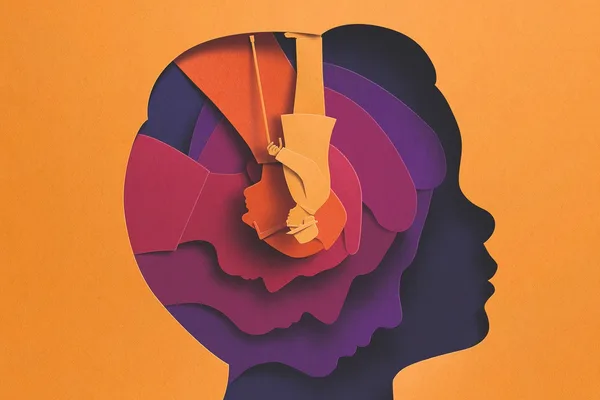Japanese scientists begin administering a drug to stimulate the growth of new teeth. They believe there are “dormant” buds for a third set of teeth in the gums.
People with missing teeth may be able to grow new ones, claim Japanese dentists. They are testing an innovative drug designed to serve as an alternative to dental prosthetics and implants. This was reported by France 24, citing Katsu Takahashi, head of the Oral Surgery Department at the Kitano Medical Research Institute Hospital in Osaka.
Groundbreaking Research on Tooth Regeneration
In October, his team began clinical trials at Kyoto University Hospital. Adult volunteers are being administered an experimental antibody-based drug to stimulate the growth of hidden teeth. As explained by the researchers, humans typically grow only two sets of teeth (baby teeth and permanent teeth). However, according to Katsu Takahashi, there are “dormant” buds for a third set of teeth beneath the gums.

Tooth prosthetics (for teeth lost due to decay, disease, or injury) is an expensive procedure. Restoring natural teeth will be cheaper and cause fewer discomforts for patients, according to Japanese doctors. The priority for dentists is to help children who are born missing six or more permanent teeth.
Takahashi stated that this hereditary condition affects about 0.1% of people, who face serious chewing problems. Researchers hope to make the drug available over-the-counter by 2030. The antibody treatment has already shown results in mice, where new teeth grew.
Chengfei Zhang, a clinical professor of endodontics at the University of Hong Kong, noted that Takahashi’s method is “innovative and has great potential,” but he also stated that “the claim that humans have hidden dental buds capable of producing a third set of teeth is both revolutionary and controversial.” He emphasized that “results observed in animals do not always directly translate to humans.”
Promising Results in Animal Studies
The first phase of trials on mice and ferrets lasted 11 months. The proposed drug deactivates a protein from the USAG-1 gene, which is associated with intrauterine sensitization and inhibits tooth growth. Blocking the interaction of USAG-1 with other proteins stimulates the signaling of bone morphogenetic proteins (BMP), which triggers new bone formation. This led to the growth of new teeth in the mouths of mice and ferrets—species that have nearly the same USAG-1 properties as humans. Molecular biologist and dentist Katsu Takahashi has been working on tooth regeneration since 2005.
